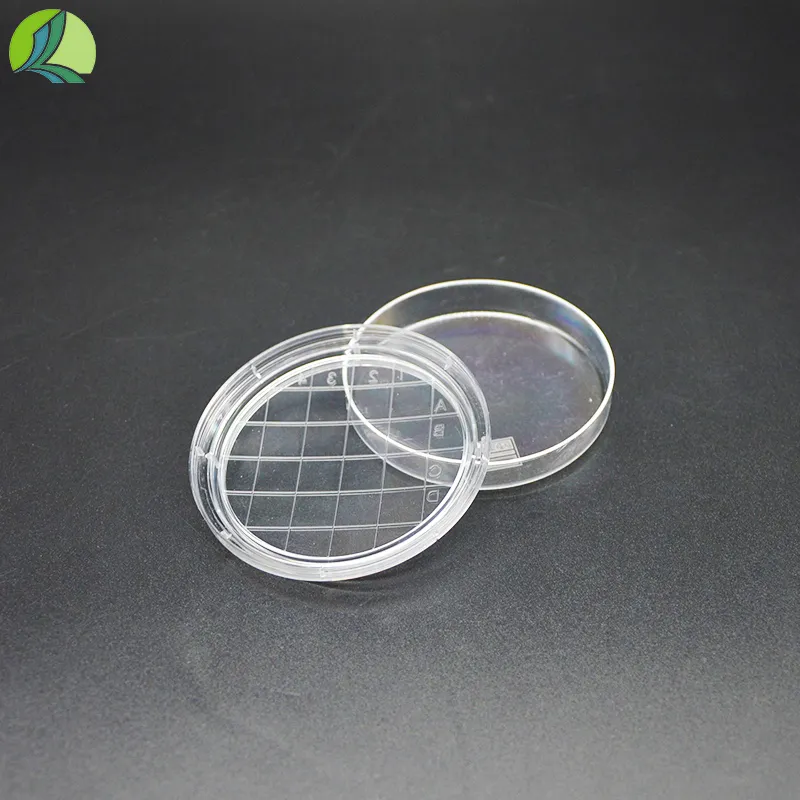
-
 Afrikaans
Afrikaans -
 Albanian
Albanian -
 Amharic
Amharic -
 Arabic
Arabic -
 Armenian
Armenian -
 Azerbaijani
Azerbaijani -
 Basque
Basque -
 Belarusian
Belarusian -
 Bengali
Bengali -
 Bosnian
Bosnian -
 Bulgarian
Bulgarian -
 Catalan
Catalan -
 Cebuano
Cebuano -
 Corsican
Corsican -
 Croatian
Croatian -
 Czech
Czech -
 Danish
Danish -
 Dutch
Dutch -
 English
English -
 Esperanto
Esperanto -
 Estonian
Estonian -
 Finnish
Finnish -
 French
French -
 Frisian
Frisian -
 Galician
Galician -
 Georgian
Georgian -
 German
German -
 Greek
Greek -
 Gujarati
Gujarati -
 Haitian Creole
Haitian Creole -
 hausa
hausa -
 hawaiian
hawaiian -
 Hebrew
Hebrew -
 Hindi
Hindi -
 Miao
Miao -
 Hungarian
Hungarian -
 Icelandic
Icelandic -
 igbo
igbo -
 Indonesian
Indonesian -
 irish
irish -
 Italian
Italian -
 Japanese
Japanese -
 Javanese
Javanese -
 Kannada
Kannada -
 kazakh
kazakh -
 Khmer
Khmer -
 Rwandese
Rwandese -
 Korean
Korean -
 Kurdish
Kurdish -
 Kyrgyz
Kyrgyz -
 Lao
Lao -
 Latin
Latin -
 Latvian
Latvian -
 Lithuanian
Lithuanian -
 Luxembourgish
Luxembourgish -
 Macedonian
Macedonian -
 Malgashi
Malgashi -
 Malay
Malay -
 Malayalam
Malayalam -
 Maltese
Maltese -
 Maori
Maori -
 Marathi
Marathi -
 Mongolian
Mongolian -
 Myanmar
Myanmar -
 Nepali
Nepali -
 Norwegian
Norwegian -
 Norwegian
Norwegian -
 Occitan
Occitan -
 Pashto
Pashto -
 Persian
Persian -
 Polish
Polish -
 Portuguese
Portuguese -
 Punjabi
Punjabi -
 Romanian
Romanian -
 Russian
Russian -
 Samoan
Samoan -
 Scottish Gaelic
Scottish Gaelic -
 Serbian
Serbian -
 Sesotho
Sesotho -
 Shona
Shona -
 Sindhi
Sindhi -
 Sinhala
Sinhala -
 Slovak
Slovak -
 Slovenian
Slovenian -
 Somali
Somali -
 Spanish
Spanish -
 Sundanese
Sundanese -
 Swahili
Swahili -
 Swedish
Swedish -
 Tagalog
Tagalog -
 Tajik
Tajik -
 Tamil
Tamil -
 Tatar
Tatar -
 Telugu
Telugu -
 Thai
Thai -
 Turkish
Turkish -
 Turkmen
Turkmen -
 Ukrainian
Ukrainian -
 Urdu
Urdu -
 Uighur
Uighur -
 Uzbek
Uzbek -
 Vietnamese
Vietnamese -
 Welsh
Welsh -
 Bantu
Bantu -
 Yiddish
Yiddish -
 Yoruba
Yoruba -
 Zulu
Zulu
Optimized Centrifuge Tubes for Enhanced Calibration and Performance in Laboratory Settings
The Importance of Calibrated Centrifuge Tubes in Scientific Research
In modern scientific research, precision is paramount. Whether in the fields of biochemistry, molecular biology, or clinical diagnostics, the tools and instruments employed must uphold the highest standards of accuracy and reliability. Among these tools, calibrated centrifuge tubes play a crucial role in ensuring the integrity of experimental results.
Centrifuges are widely used in laboratories to separate components of different densities within a mixture. This technique, known as centrifugation, relies on the application of centrifugal force to achieve separation. Centrifuge tubes are specifically designed to withstand the forces generated during this process. However, not all centrifuge tubes are created equal. The quality and calibration of these tubes can significantly affect the outcomes of experiments.
What are Calibrated Centrifuge Tubes?
Calibrated centrifuge tubes are specially designed and manufactured to meet strict dimensional and volume specifications. Calibration involves precisely measuring the volume capacity of the tubes to ensure consistency and accuracy across different samples. This is particularly important in quantitative experiments where the exact volume of a reagent or sample can influence the results.
These tubes often feature clear graduation marks, allowing researchers to visually assess the volume of samples and reagents. In many protocols, the volume ratios are critical, and even minor deviations can lead to significant discrepancies in data interpretation. By using calibrated centrifuge tubes, researchers can eliminate a common source of error, ensuring that all measurements are as accurate as possible.
Applications in Research
calibrated centrifuge tube

The application of calibrated centrifuge tubes spans a wide array of scientific disciplines. In molecular biology, for instance, they are essential for the extraction of nucleic acids, protein purification, and the preparation of samples for further analysis. In clinical settings, calibrated tubes are used for blood sample processing, where accurate volume measurements are crucial for diagnosis and treatment decisions.
Additionally, in biochemical assays, the precise separation of cellular components can provide insights into the mechanisms of diseases, drug responses, and cellular functions. In such experiments, using non-calibrated tubes can jeopardize experimental integrity, leading to false conclusions or misinterpretation of data.
The Role of Quality Control
Quality control is a fundamental aspect of scientific research that cannot be overlooked. The production of calibrated centrifuge tubes involves rigorous testing and validation to ensure that they meet the specified standards. Manufacturers often conduct tests to determine the material's resistance to high centrifugal forces, chemical reactivity, and temperature variations. This ensures that the tubes perform reliably across various laboratory conditions.
Researchers are encouraged to source centrifuge tubes from reputable suppliers who adhere to international standards of quality assurance. This helps to prevent potential issues that may arise from using substandard products which could compromise research outcomes.
Conclusion
In conclusion, calibrated centrifuge tubes are an often-overlooked but essential element of laboratory research. Their role in ensuring accurate measurements and reliable results cannot be understated. As scientific inquiries become increasingly complex, the demand for precision tools such as calibrated centrifuge tubes will continue to grow. It is crucial for researchers to recognize the importance of using high-quality, calibrated products in their work to foster advancements in science and contribute to innovative discoveries. By doing so, they can ensure that their research is built on a foundation of accuracy, ultimately leading to better outcomes across various fields of study.
-
Premium Metal Dropper Bottle for Precise Dispensing 250ml & 1ml Options AvailableNewsJul.04,2025
-
20 ml Headspace Vials - High Quality Polyethylene & Plastic Vials for Lab UseNewsJul.04,2025
-
Small Bottle with Pipette - Precise Dispensing 100ml Pipette Bottles for Essential Oils & Lab UseNewsJun.24,2025
-
Acetic Anhydride Bottle for Accurate Dropper Measurement in Pharmacy Use High-Quality Dropper BottlesNewsJun.10,2025
-
Innovative PET Bottle Design for Juice – Unique Shapes & Customization OptionsNewsJun.10,2025
-
20 Pack Sterilized Petri Dishes – Assorted Sizes, High Quality Small Plastic Petri Dishes for Lab UseNewsJun.10,2025






















